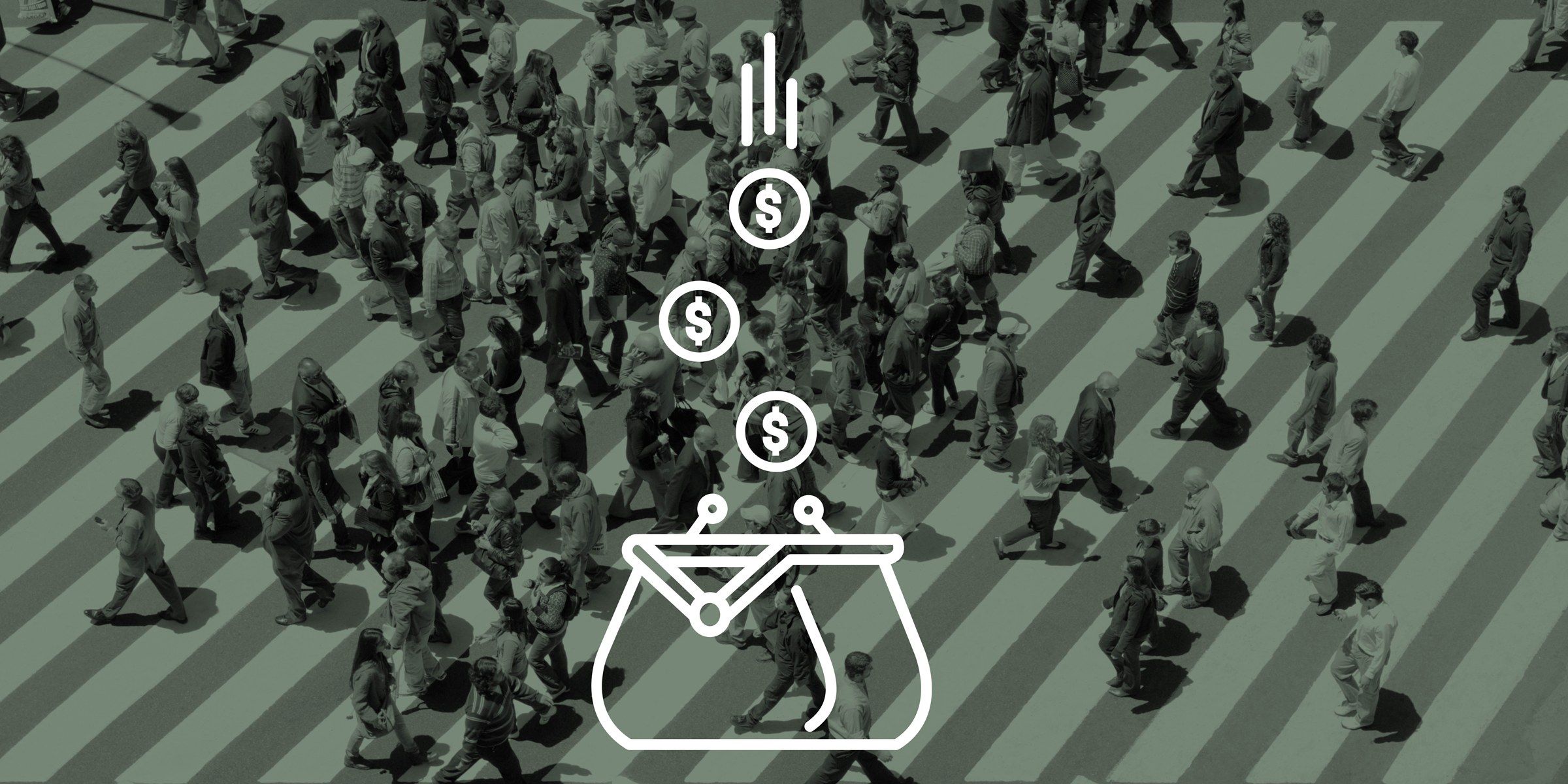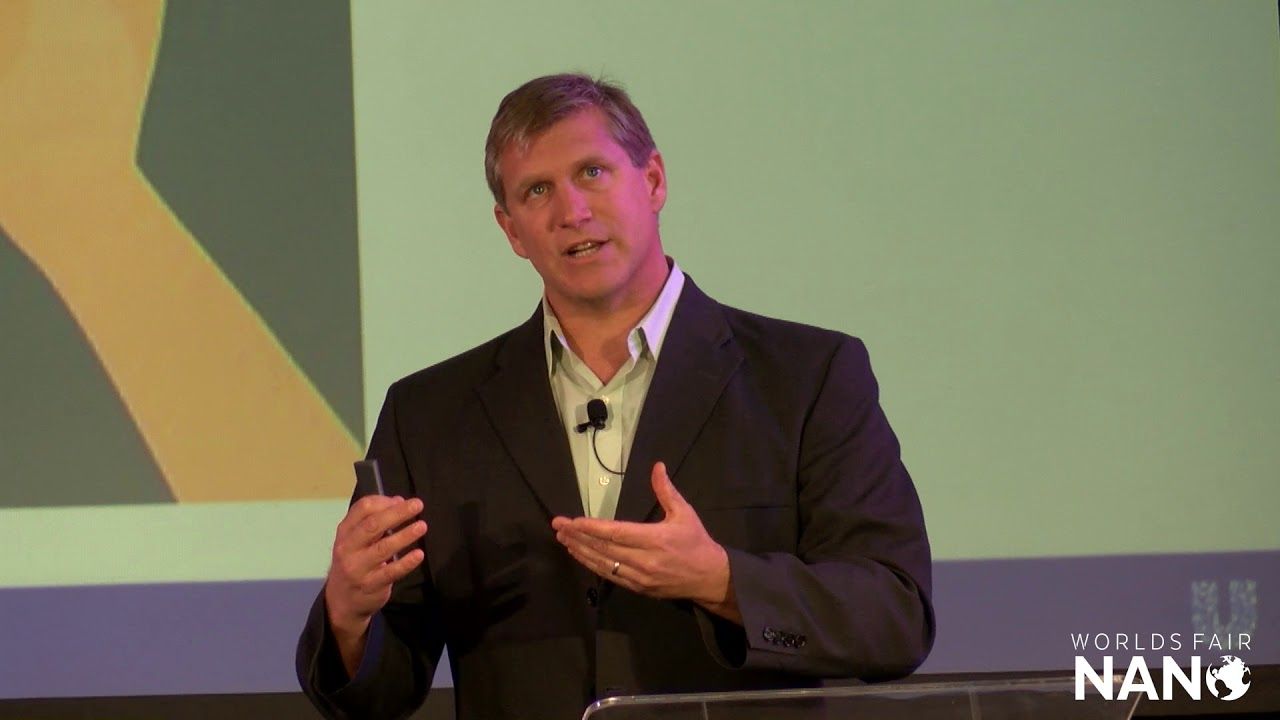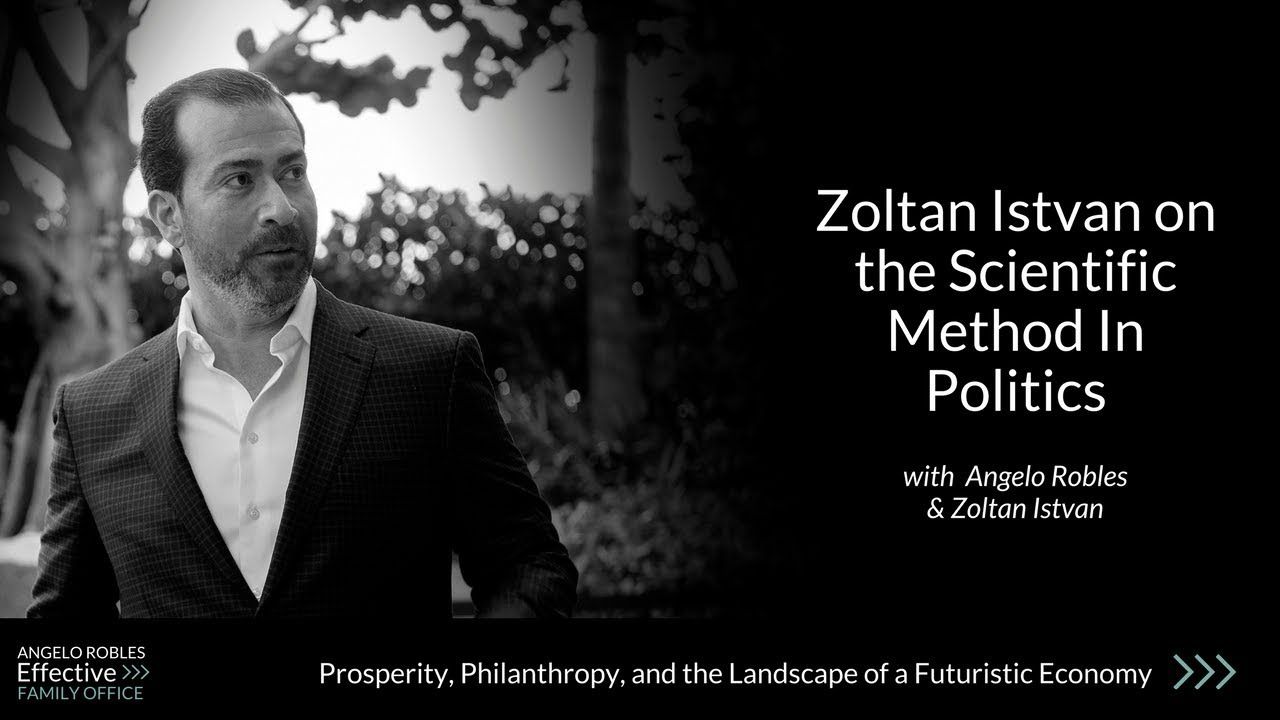I was on a panel at a recent conference when the moderator asked audience and panel members what they thought of UBI. The overwhelming consensus of the 500 or so people in the room appeared to be “we’re skeptical, but should experiment.” UBI sounds like a good or not-so-good idea to different constituents because we have so little understanding of either how we would do it, or how people would react. None of us really knows what we’re talking about when it comes to UBI, akin to being in a drunken bar argument before there were smartphones and Wikipedia. But there are a few basic principles and pieces of research that can help.
Liberals and conservatives alike love—and fear—the idea of giving free money to everyone. But we have to try it anyway.
Author: Joi Ito BY









